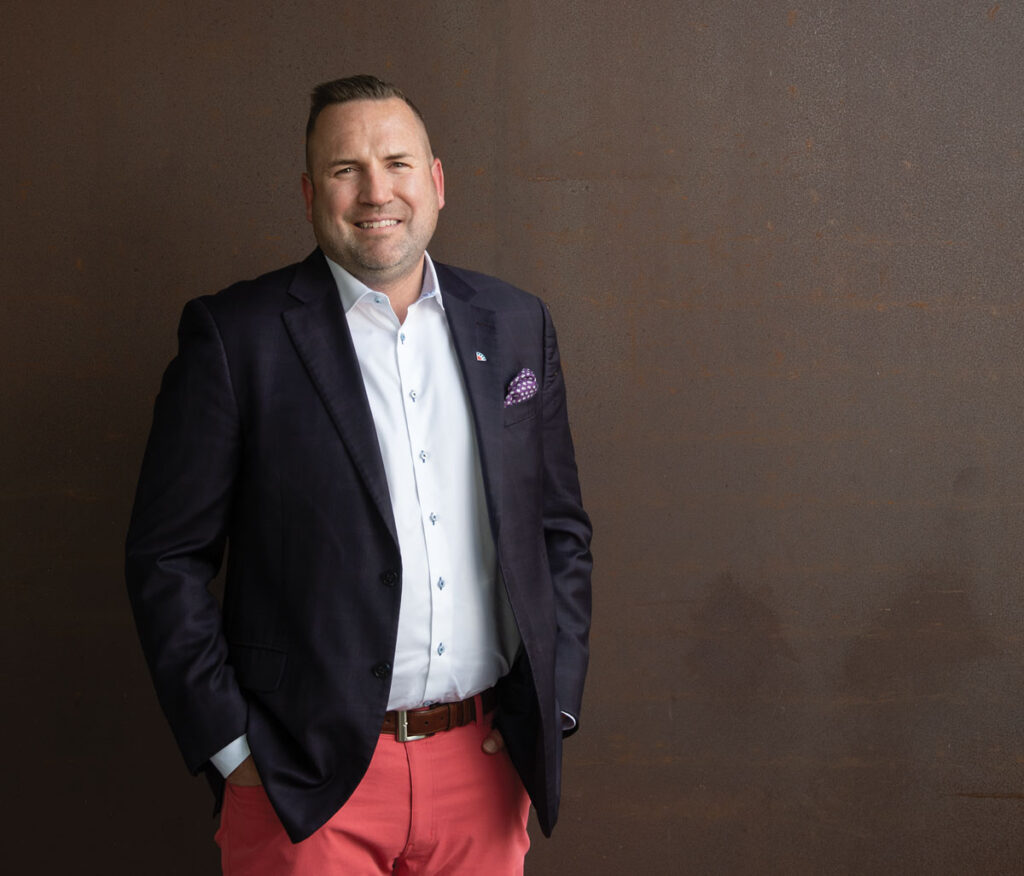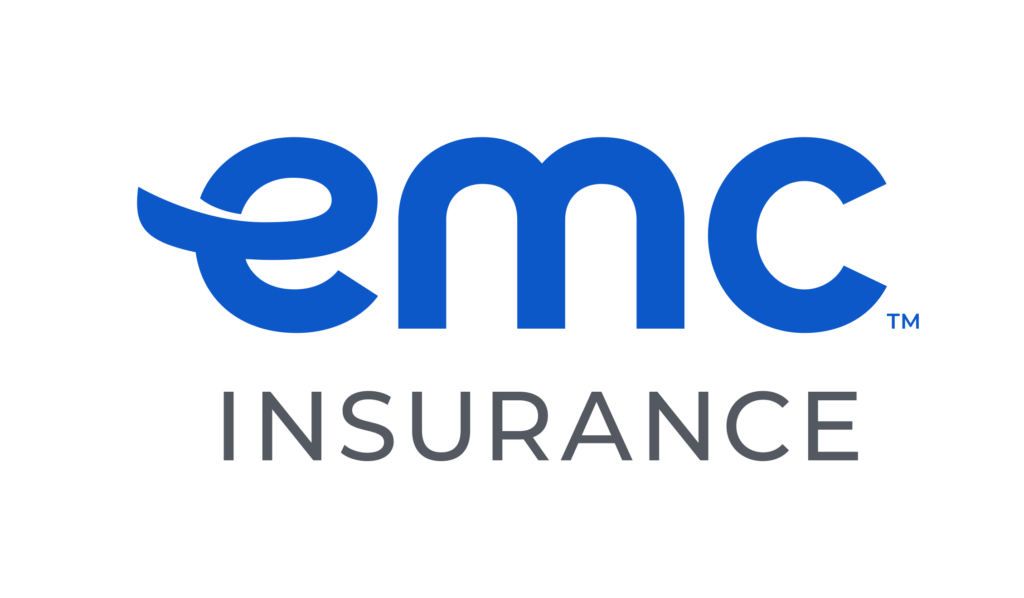A journey of compassion
Dr. Richard Deming finds a way to make his philanthropy add up to improved quality of life
You set off on a conversation about wealth management with Dr. Richard Deming, and the talk soon turns to compassion.
That turn probably isn’t surprising, given that much of Deming’s medical work is devoted as much to overcoming the mental intimidation of cancer as to treating the disease.
Deming is the medical director at Mercy Cancer Center. He is a radiation oncologist who has gained attention for bringing groundbreaking treatments to Greater Des Moines.
He is just as noted for helping patients think beyond the disease. Encouraging them to live every day as though a cure could be found tomorrow.
Deming and adventurer Charles Wittmack are the co-founders of Above + Beyond Cancer, an educational nonprofit organization that launched last year when the two men collaborated to help cancer survivors reach a base camp 17,600 feet up Mount Everest.
His 32-year medical career has “blessed” him with a certain degree of wealth, a good chunk of which collected in a checking account, he said, or was passed along to whatever charity happened to dial his telephone on any given day.
Just watching wealth accumulate was not very inspiring.
“I am not a person who obsesses about money,” Deming said. “I don’t enjoy going over investment returns.”
He does like to help people.
“I had been getting more serious about my philanthropic giving; that was becoming more important to me over the last 10 years,” Deming said. “I wanted to make sure I was engaging in the community in a way that I was sharing my blessings.
“As I thought more about it, I realized I wasn’t being very strategic.”
He told a colleague on the board of the Mercy Foundation that he was concerned that his philanthropic giving was not having enough of a beneficial impact. Mercy Foundation had recently been introduced to a planned giving tool by Charitable Giving Resource Center, a tool used by Syverson Strege and Co., a fee-only financial planning firm in West Des Moines, The colleague directed Deming to Johnne Syverson, president of Syverson Strege.
The meeting with Syverson set Deming on a yearlong journey of sorts to discover his true philanthropic spirit.
Deming was a high-achieving high school and college student in South Dakota, who enjoyed taking tests and meeting challenges. More than three decades into his medical career, he was again being tasked with homework, the kind he tended to put off.
“It’s a process and not a typical one that clients are eager to complete,” Syverson said.
This homework forced Deming to focus on the issues and causes that he was most passionate about. He would get telephone calls from Syverson urging him to complete a particular assignment, some of which seemed geared toward testing his inner thinking.
“Some of it was almost like a psychological profile,” Deming said. “It involved my philosophy on giving by critically looking at areas of philanthropy that resonated with me.
“When I looked at causes I had given to in the past, there was quite a disconnect. I wasn’t actively going out and looking for the causes that I was truly interested in.”
Those causes included humanitarian and social issues, youths, education and, not surprisingly, health.
“I would tell you that looking at my interest in youth, mentoring youth and education, those were things that I was scoring high on, but not areas where I had been contributing,” Deming said.
Deming discovered a way to have a larger impact with his charitable giving through a donor-advised fund that is held by the Community Foundation of Greater Des Moines.
“A donor advised fund is a charitable giving vehicle wherein an individual, family or corporation contributes cash or assets to create a fund,” said Lance Gunkel, chief operating officer of Sherpa Investment Management, a fee-only investment management firm in West Des Moines and a charitable investment partner of the Community Foundation. “It can be established in any amount and the donor determines how the fund is distributed. The charitable donations are managed on behalf of the contributor(s) by the advisor of choice.”
Deming’s contributions to the fund are managed like an investment account, with interest income folded back into the fund. He determines how the fund is distributed.
He likens it to a philanthropic savings account.
Of the 930 funds held by the Community Foundation, 282 are donor advised accounts, said Sheila Kinman, director of advancement. The accounts make up 40 percent of assets under the foundation’s control.
Funds from the accounts can be directed to local and national charities, including churches and schools.
Deming is right on the money when describing them as philanthropic savings accounts. They can be set up in about 20 minutes, typically in a family’s name, Kinman said. As an additional bonus, they can be used as an educational tool for families that want their children to have some understanding of philanthropy.
Since establishing the fund and targeting his philanthropic giving to organizations he has a keen interest in, the amount of Deming’s charitable giving has increased “100 times,” he said.
Youth programs, cancer research and advocacy, social and humanitarian causes are now the recipients of his charity.
If awards are a way of measuring the impact of philanthropy, then it should be noted that Deming was named the 2011 individual philanthropist of the year by the Central Iowa chapter of the Association of Fundraising Professionals.
It is an indication that his financial journey of compassion is having a real impact on life in Greater Des Moines.











